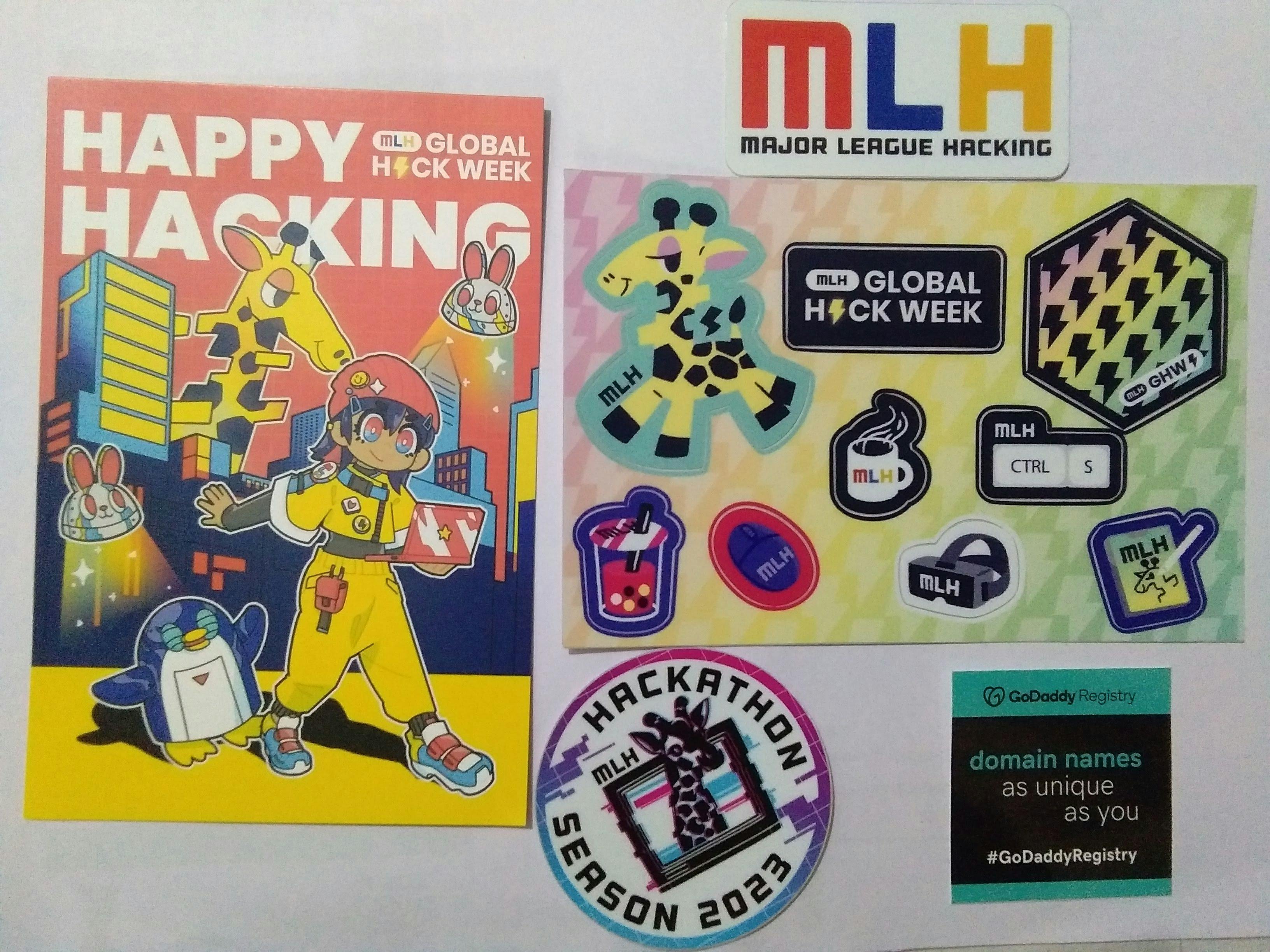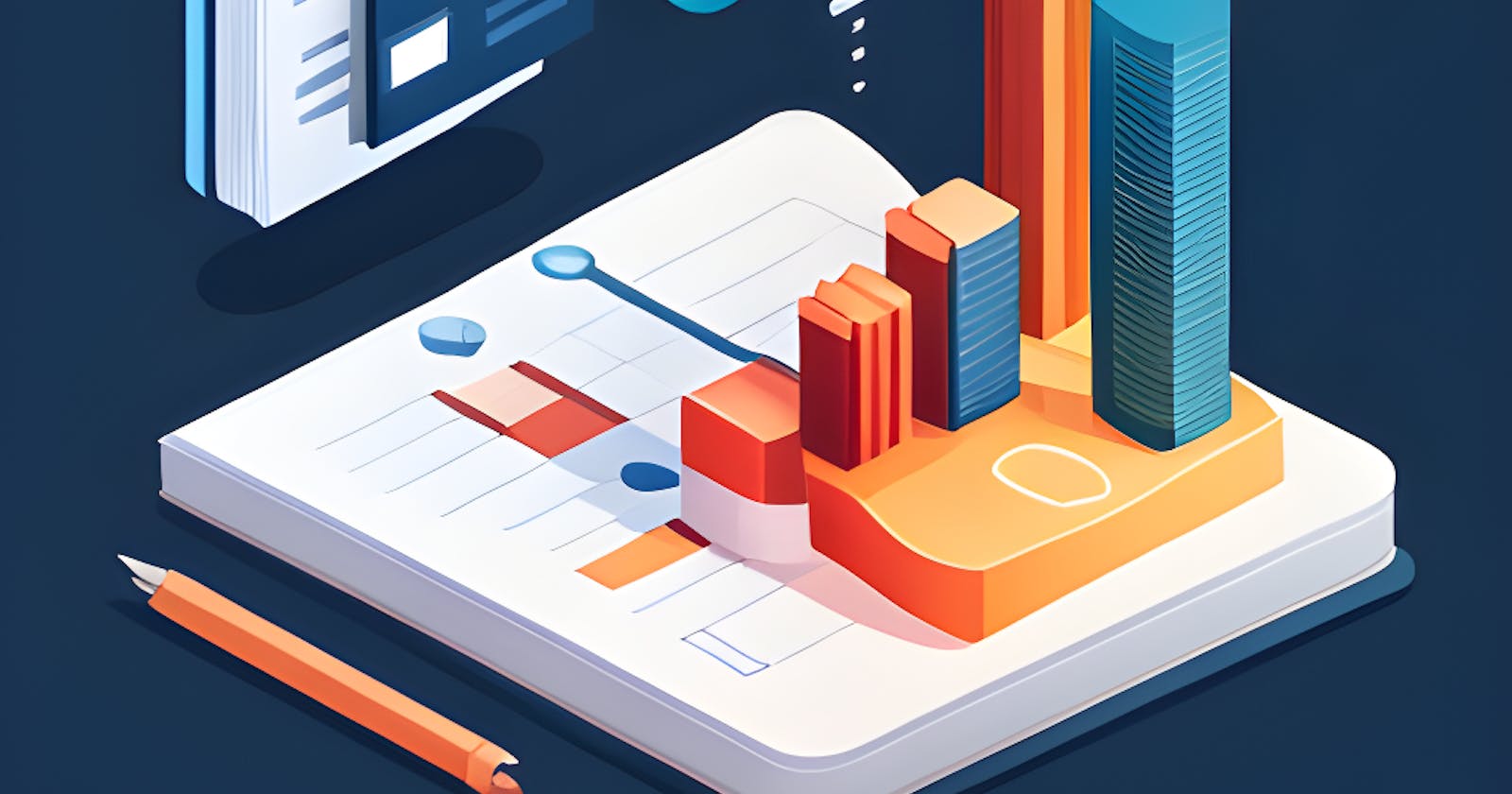In the Course of My Technical Writing Journey
Lessons Learned and Progress Achieved
Table of contents
In today's world, where there is a boom of information and an explosion of innovation, understanding these ideas may be overwhelming. That's where Technical Writing stands as a special bridge between complex concepts and the world. It's a blend of being creative and being accurate. It can help to convey ideas clearly and have a positive impact. In this blog, let's explore the intricacies of technical writing and its significance, and also share my achievements within it as we reach the middle of the year 2023. Think of it like a pause to see where we are on a journey.
Technically, what is Technical Writing?
Technical Writing is the art of communication that aims to explain complex ideas and concepts to a non-technical audience in a clear and concise manner. It involves translating technical information into easy-to-understand language for a target audience. It is the process of writing documents related to science, technology, engineering, mathematics, healthcare and more. Documents like user manuals, guides, reports, specifications, and online help systems communicate specialized knowledge to the specific audience in a clear, concise way.
Some key characteristics of good technical writing include clarity, accuracy, being clear and concise, and consistency. Technical writing also relies heavily on formatting elements like headings, lists, and tables to organize information in an easy-to-follow manner. Illustrations like diagrams, charts, and images are also commonly used to complement technical text.
Technical writing holds significant significance across various domains and industries. Its primary role lies in conveying knowledge in a manner that the intended audience can readily comprehend and apply. Without good technical writing, complex information would remain inaccessible and unusable for many readers.
Key skills for technical writing
Here are some key skills for technical writing:
Strong writing skills
Technical knowledge
Ability to research and understand complex topics
Ability to communicate effectively with a variety of audiences
Attention to detail
Ability to work independently and as part of a team
What are the different types of technical writing?
There are many different types of technical writing, including:
User manuals: These documents explain how to use a product or system.
Product specifications: These documents provide detailed information about the technical features of a product or system.
Training materials: These materials teach users how to use a product or system.
White papers: These documents provide in-depth information about a technical topic.
Research reports: These documents summarize the findings of a research study.
Proposals: These documents outline a plan for a project or initiative.
Blogs: These are articles written to showcase technical knowledge as a part of a personal portfolio.
What are the benefits of technical writing?
Technical writing can provide many benefits, including:
Improved communication between technical and non-technical staff
Reduced user errors
Increased customer satisfaction
Improved product documentation
Increased compliance with regulations
Enhanced brand reputation
What are some challenges of technical writing?
Some of the challenges of technical writing include:
Communicating complex information in a clear and concise way
Using jargon and technical terms that are understandable to the audience
Keeping up with the latest technical developments
Staying objective and unbiased
Meeting deadlines
Some famous platforms for technical writing
Flashback: A Glimpse into My Achievements
At the beginning of the year 2023, I started my journey not as a Technical Writer but as a Technical Reader. I read a lot of technical blogs as a part of the resource for my learning journey, clearing doubts if any and gaining some knowledge. I find reading blogs is better than searching on Google because many have invested their time, energy and knowledge in writing many technical blogs so that the information you are looking for can be found in a single blog or blogs. I have found a lot of blogs that can be seen as cheat sheets for many technologies and skills.
In the beginning of 2023, I started learning about Cloud Computing. I focused on platforms like AWS, GCP, and DevOps. I used free resources like YouTube and read technical blogs on websites like Hashnode, Dev.to, and Hackernoon to understand more. It was like a treasure hunt for knowledge!
Around the same time, I began writing about what I was learning. I thought it would help others who were also learning or even help me remember the concepts better. Also, many social media influencers spoke about how technical writing helps in finding jobs in relevant fields of interest, which inspired me to start writing blogs. Places like Wemakedevs, Hashnode, and Dev.to gave me the chance to join writing contests and other activities. It felt like joining a friendly team that boosted my confidence.
Starting to write wasn't easy, though. I had doubts and didn't know how to begin. That's when I found a tool called ChatGPT. It acted like a helpful guide and answered my questions. As I got better at writing, I learned how to make catchy titles, organize blog sections, and clearly explain technical projects.
While learning to write, I also took part in data science and AI competitions, and I attended online sessions to improve. I even prepared and earned Azure Cloud certifications, including AI900 - Azure AI Fundamentals and DP900 - Azure Data Fundamentals.
This technical writing journey introduced me to even more opportunities. One among them was Major League Hacking's events like Global Hack Week, which expanded my knowledge and enriched my understanding of various fields. Participating and engaging in that community helped me learn about different things and I even won some cool swags like stickers and waiting for more.

These are the things I've achieved so far, and I'm excited to keep learning and doing more as the year goes on. The things I've done until now might seem small or not big enough, but it is big for me. When I think about my journey, I realize I've learned a lot, and become more confident, and I'm excited to do even more in the future. This journey has made me ready to find a job, which I'm sure will happen very soon.
In summary, technical writing bridges the gap between complex technical information and the people who need to use that information. By communicating specialized knowledge in a clear, precise manner, technical writers enable the adoption and successful use of technology. The journey of a technical writer is one of continuous learning, adaptability, and creative expression.
By taking a glimpse at the beginning of 2023, being happy about what I've done so far, and getting ready for the exciting things coming up, I feel proud of my journey. Even though the steps might seem small, they've been important to me, helping me learn and grow. I want to say a big thank you to everyone who took the time to read my blog. Your support means a lot to me, and I hope my experiences inspire you on your own journeys. Let's keep learning and achieving together!
Thank You
